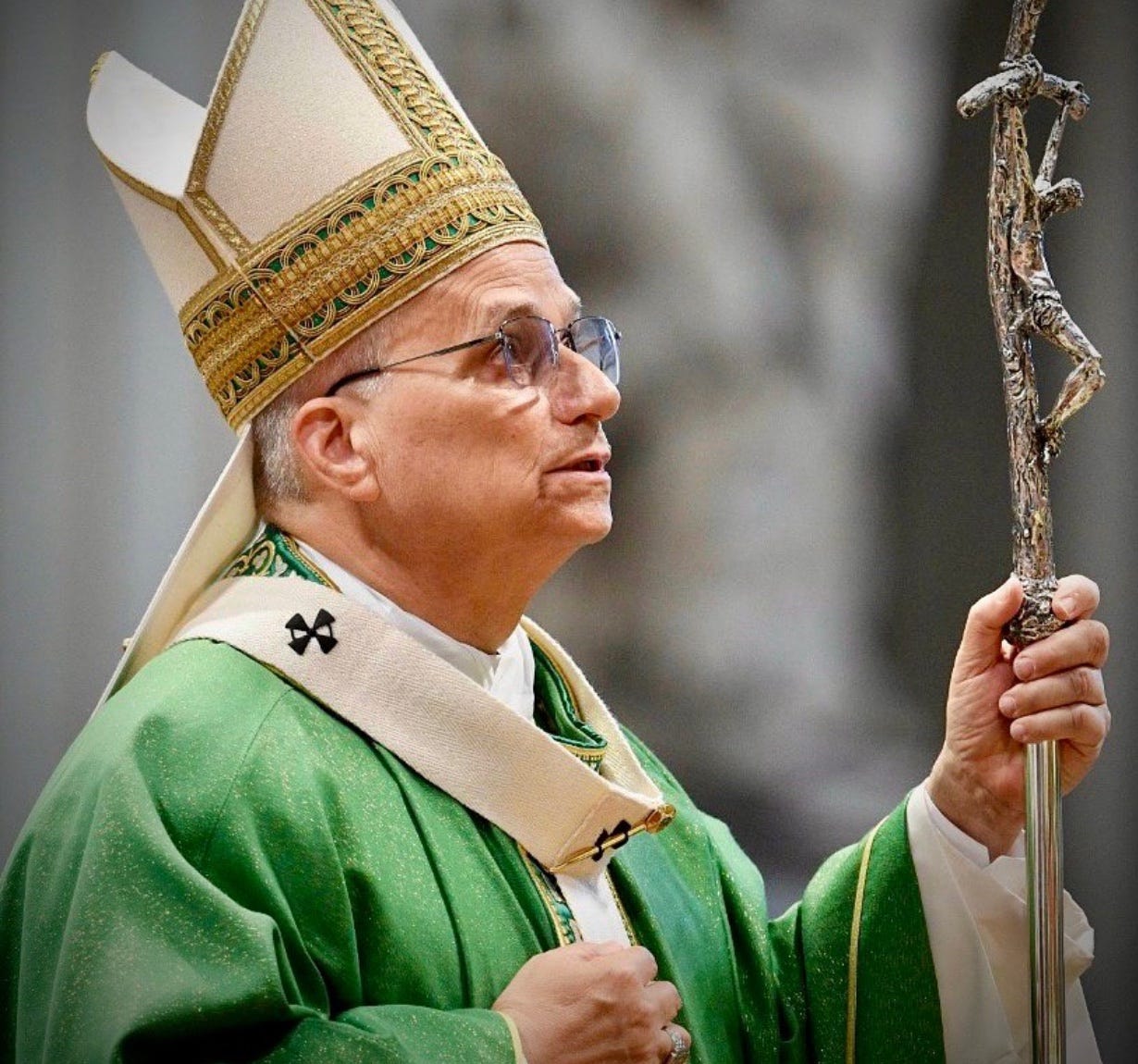In Magna Carta Address, Pope Leo Calls for a Church That Washes Feet, Not Wields Power
“Let us dream of a Church that heals, not judges,” Pope Leo pleads in a sweeping homily that laid out the blueprint for his papacy.
Thank you for reading! Letters from Leo is a reader-supported publication. If you find value in my work, please consider becoming a paid subscriber or making a one-time donation.
In a landmark homily at St. Peter’s Basilica today, Pope Leo XIV laid out exactly what kind of Catholic Church he wants to lead: one marked by radical humility, unity, and service to humanity.
“No one is called to dominate; all are called to serve,” Leo declared — words that will reverberate far beyond this Jubilee celebration and likely define his papacy’s mission.
Humility Over Pride
The scene this morning felt historic.
Under the towering canopy of Bernini, Pope Leo addressed thousands gathered for a special Jubilee Mass honoring Synod leaders — the very people working to make the Church more collaborative and inclusive at every level.
Fittingly, the pope used the occasion to deliver the Magna Carta of his pontificate.
Here’s what stood out.



